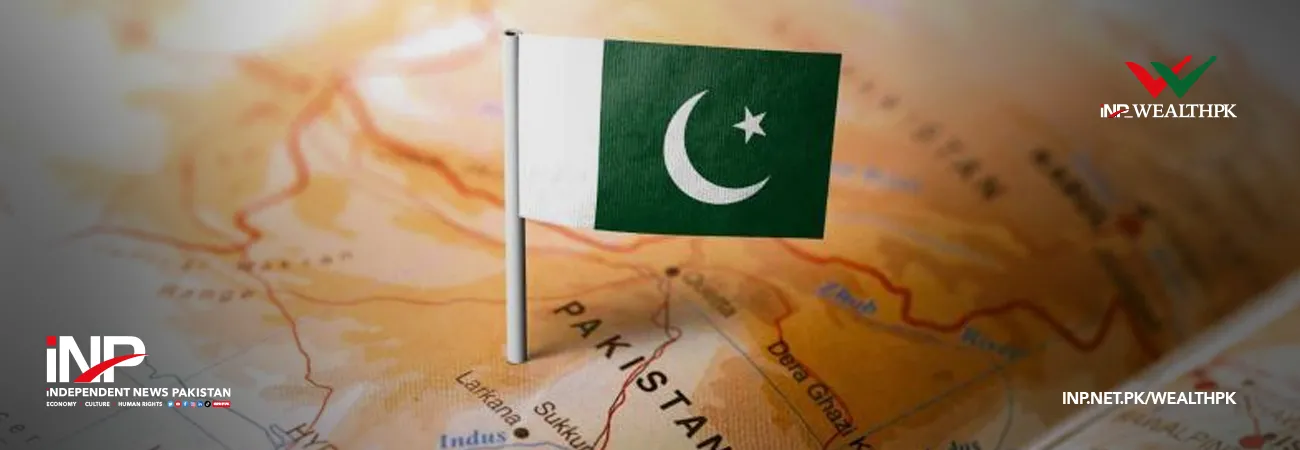INP-WealthPk
Muhammad Saleem
The Punjab Tourism, Archaeology and Museums Department plans to use artificial intelligence (AI) to transform the province’s tourism sector by collecting and selling valuable data to local and international private partners. The department is adopting a model inspired by Singapore’s profitable approach to tourism research and branding.
During a briefing to members of the Punjab Assembly, Amar Shakir Jajja, Deputy Secretary of the Tourism, Archaeology and Museums Department, said that by using AI, the government can collect and analyze detailed visitor data such as footfall at major tourist sites like Patriata and Taxila.

He noted that such information is not available with the private sector. The data to be gathered with the help of AI will include visitors’ age groups, countries of origin, preferences, and hospitality expectations. The deputy secretary added that the collected information could then be offered to the private sector and international partners to improve tourism planning, investment, and service delivery. Singapore’s Tourism Board funds much of its operations through the sale of AI-based research insights, he said, adding that Pakistan could also turn data into a profitable export. He said that a similar model could generate both revenue and innovation in Punjab’s tourism sector.
He said that the tourism department is also focusing on skill development, capacity building, and destination branding. “The success of any tourist destination depends on two key factors: the experience it offers and the story it tells,” he added. He explained that when tourists travel globally, including to Pakistan, they primarily seek two aspects: the experience the place offers and the narrative or storytelling the destination presents. “If we cover these two aspects of any destination, it becomes a ‘hot destination’,” he said.
To strengthen Pakistan’s global image, the government plans to include special legal provisions in the upcoming tourism law, ensuring that destination branding and digital research are institutionalized. “The focus is to make our destinations competitive globally by improving visitor experience and promoting authentic narratives,” he remarked. Muhammad Saeed, who runs a travel agency, told Wealth Pakistan that Pakistan has tremendous potential to attract both local and foreign tourists and emphasized that adopting AI is a significant step forward.
“For years, Pakistan’s tourism decisions have been based on guesswork. With AI, we can now access real data, such as the number of visitors, their interests, travel seasons, spending patterns, and expectations. This initiative will make our planning smarter and our marketing more targeted,” he said. “It’s the right time to shift from traditional tourism management to data-driven tourism that will ultimately strengthen the national economy,” he added.
He explained that AI tools can easily track data from various sources, including hotel check-ins, social media trends, GPS footfall at heritage sites, and online travel searches. Using the obtained data, the system can analyze which locations attract specific age groups or tourists from particular countries. This will also help the tourism department identify high-demand areas and predict future tourism trends. He said that Singapore and Dubai are already successfully using this model and attracting a large number of tourists each year.
Credit: INP-WealthPk












